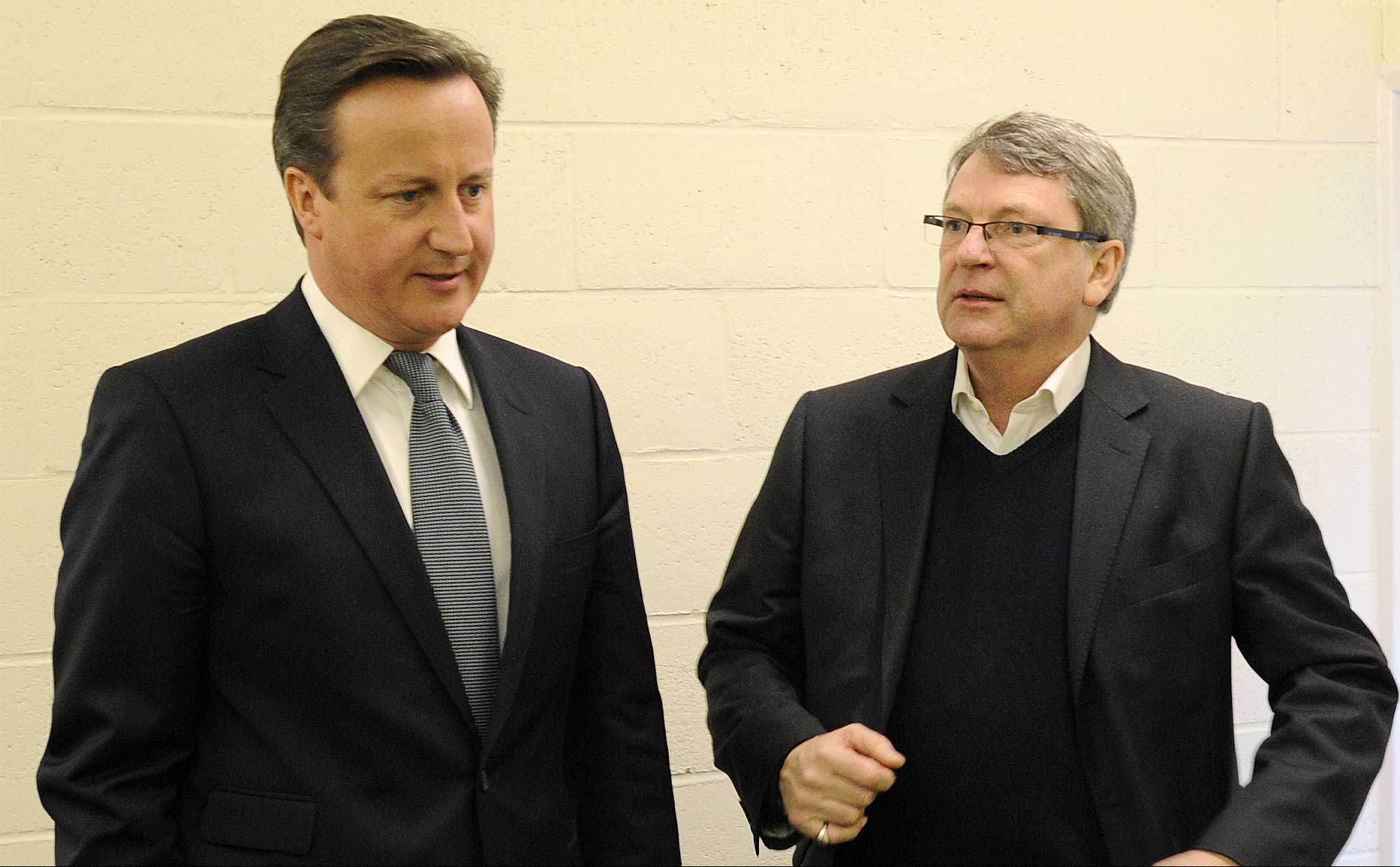Our tax money is not for the creation of party spin
Inside Whitehall: The Coalition intends to spend £50m more on communications this year than it planned last year

Your support helps us to tell the story
From reproductive rights to climate change to Big Tech, The Independent is on the ground when the story is developing. Whether it's investigating the financials of Elon Musk's pro-Trump PAC or producing our latest documentary, 'The A Word', which shines a light on the American women fighting for reproductive rights, we know how important it is to parse out the facts from the messaging.
At such a critical moment in US history, we need reporters on the ground. Your donation allows us to keep sending journalists to speak to both sides of the story.
The Independent is trusted by Americans across the entire political spectrum. And unlike many other quality news outlets, we choose not to lock Americans out of our reporting and analysis with paywalls. We believe quality journalism should be available to everyone, paid for by those who can afford it.
Your support makes all the difference.The line which exists between politics and civil service impartiality has always been a thin one. And nowhere is the line thinner than in Government communications.
Every year Whitehall spends more than a quarter of a billion pounds of our money telling us what they’re doing on our behalf – the equivalent of £10 from everyone who pays income tax.
Ensuring that such vast sums are spent wisely and do not cross the line of being nakedly party political is vital – and no more so than in a year leading up to a General Election.
But yesterday the civil service slipped out a document which raises serious questions about just how neutrally that money will be spent over the next few months.
Called the Government Communications Strategy it reads in places as though it has been dictated word for word by the Conservative’s chief election strategist Lynton Crosby.
Take this passage: “In 2014/15 we will bring together communicators to explain how government reforms are creating a fairer society for hardworking families, and rewarding those who aspire to work hard and get on.”
Or this: “The cross-government economy campaign will focus on the government’s long-term economic plan: reducing the deficit; cutting taxes; jobs, enterprise and infrastructure.”
The small print of the document reveals that the Government expects to spend £50 million more during this election year on communications than it said it would spend last year.
The Cabinet Office claims this is because they underestimated last year’s spend. But those figures have yet to be audited and given the budget cuts elsewhere in Whitehall are being squeezed it is hardly a convincing or reassuring explanation.
It looks, at face value, like the Coalition is preparing a tax-payer funded multi-million pound PR blitz to improve their electoral prospects next May.
Then there is the coordinating author of the strategy Alex Aiken, the executive director of government communications.
Mr Aiken is a civil servant (not a political special advisor) employed by the Government to promote the Government and not Conservatives or the Liberal Democrats.
But he does have a strong Conservative pedigree. In 1995 he was the party’s chief press officer, in 1997 its head of news and then in 1999 he ran its campaigns unit. He then went to work for the Conservative controlled Westminster Council where he was until being appointed last year as the Government’s communication chief.
A number of senior figures in Whitehall privately question whether his position would be tenable if there is a change of power in 2015.
Now some might argue, and not unreasonably, that it is hard for civil servants to differentiate between promoting the agenda of a Government (which is run by politicians) and being party political.
But it is not impossible. For a start it is not the job of civil servants to parrot such clichéd catch phrases as “hardworking families” and “long-term economic plan” in official Government communications. Politicians themselves do quite enough of that as it is.
The job of Government communications is to explain what Government policies mean for families, businesses and individuals on a department by department basis. They should be factual rather the rhetorical; considered rather than campaigning.
Michael Dugher, Labour’s shadow Cabinet Office minister who is in charge of the party’s communications, says he is concerned that the strategy suggests that ministers are using public funds to spread partisan messages.
And although Labour did very similar things when they were in office he has a point. We, as voters, should not be prepared to accept the Government of the day pushing the limits of what is permissible under the civil service code of conduct to maximise advantage in the run up to an election.
Not least because, as this Government never tires of telling us, it is wasteful public sector spending.
Join our commenting forum
Join thought-provoking conversations, follow other Independent readers and see their replies
Comments